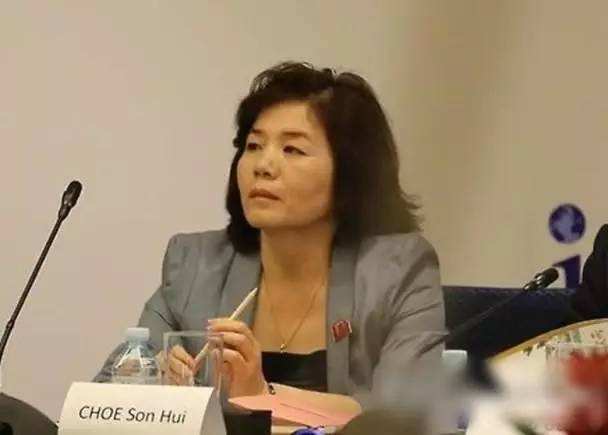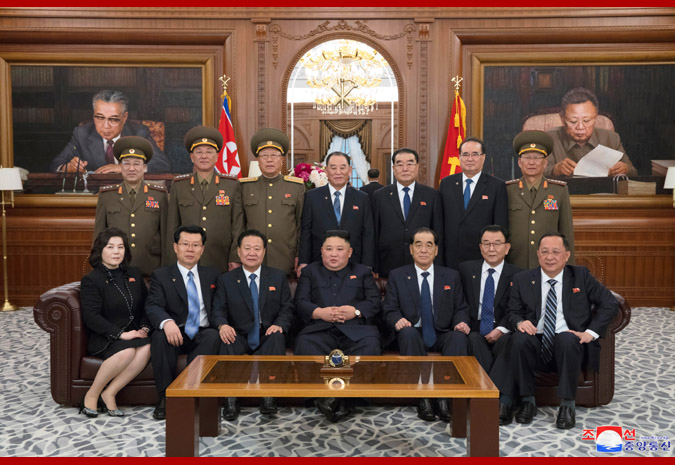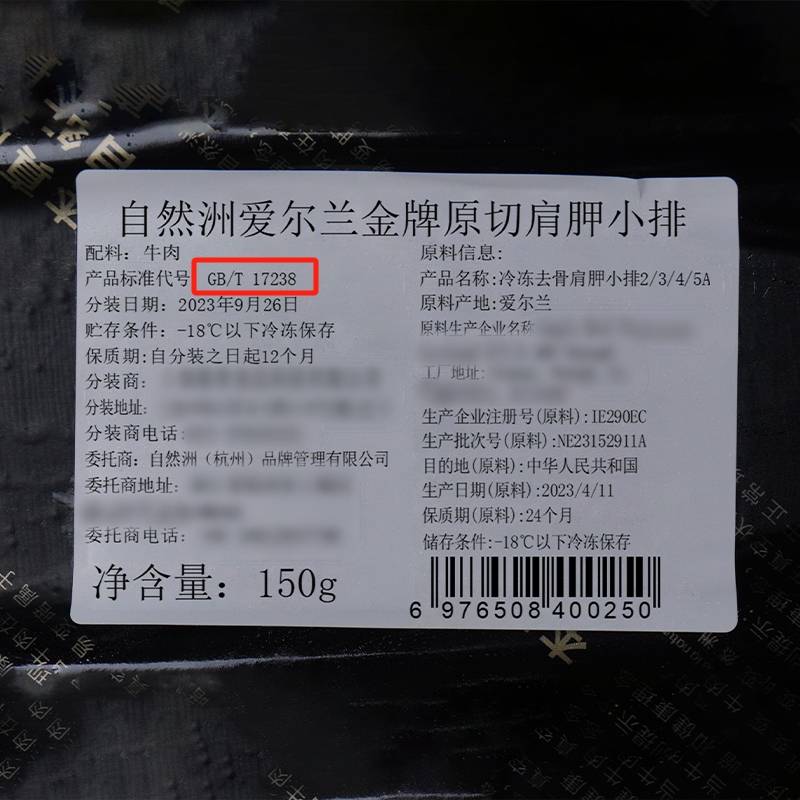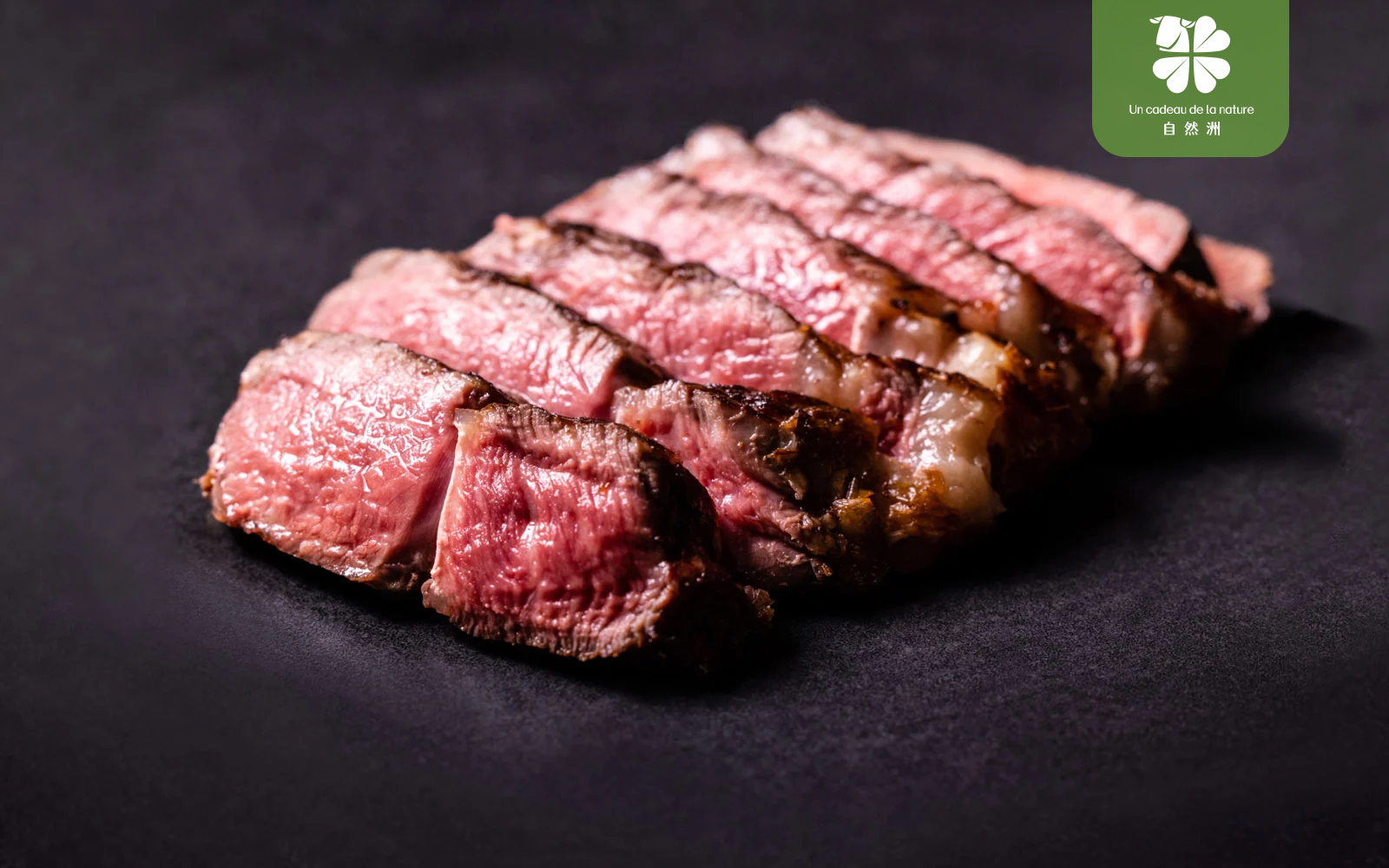Two mobile phones and a tablet computer are playing live pictures of different platforms and different anchors on the screen. The anchors introduced all kinds of goods impassioned or confidentially. Dai Ying (pseudonym), a resident of Haidian District, Beijing, sat in front of three devices and carefully recorded the goods and prices to be purchased in a notebook.
With the sound of "three, two, one, link up" on the screen, Dai Ying quickly picked up his mobile phone or tablet computer for an operation. Then, his frowning brows slowly unfolded, revealing a satisfied expression, as if he had won a battle in just a few seconds.
This "third-line battle" has been going on in Dai Ying for nearly two weeks.
At the end of October this year, the "double 11" activities of major e-commerce platforms began one after another, and the live broadcast room became the main battlefield. "I feel that the price of the live broadcast room is much lower than the usual price, especially for several big anchors, and there are various big discounts in the live broadcast room. There are so many people in the live broadcast room that if I don’t keep watch, I may be robbed. " Dai Ying said that during the "double 11" period, she had bought more than 20 items, all of which were placed in the live broadcast room.
Like Dai Ying, during the "double 11" period, there are not a few consumers who mainly rely on the live broadcast room to purchase goods. The main reason why they choose the live broadcast room is that they think that the live broadcast room will be much cheaper than usual. Many consumers also said that there are often welfare activities such as "Red Packet Rain" and "Top 1000 Orders Plus Gifts" in the live broadcast room, which makes people very eager to participate.
However, is it really cost-effective to bring goods live during the "double 11" period? Is there any basis for the "lowest price of the whole network", "live broadcast at a broken price" and "below the floor price" that the anchors keep emphasizing? Is the promise of "the top ×× buyers enjoy the gift" mentioned in the live broadcast credible? With these questions, the reporter of "Rule of Law Daily" launched an investigation on the phenomenon of live broadcast of major e-commerce platforms during the "double 11" period.
Live broadcast is hot during the big promotion period.
Related problems followed.
"Girls, the annual ‘ Double 11’ Here we go again ""Baozi, I asked you for this product at the lowest price ever, remember to buy it ""Only fans in our live broadcast room have this benefit, so hurry up and snap it up "… …
Major e-commerce platforms, the "double 11" promotion activities are in full swing, and the live broadcast room has a hot atmosphere. From the head anchor with tens of millions of fans to many new small anchors, as well as many stars and online celebrity, they have joined the tide of e-commerce live broadcast one after another, and frequently appeared in the "double 11" period with goods.
According to the data of Tmall double 11, the live broadcast of Taobao increased by 600% and the transaction volume of waist anchor increased by 250% in the first hour of sale on October 31st. The data of the live broadcast room of the head anchor is amazing: on October 24th, the live broadcast room in Li Jiaqi was watched by 460 million people, and the single live broadcast accumulated 254 million praises. On October 29th, Dongfang selected Shandong Haowu live broadcast with 40 million real-time viewers and total sales of 120 million yuan.
The popularity of the live broadcast room has spawned a large number of "crazy" consumers.
The reporter browsed a number of social platforms and found that before some e-commerce platforms officially launched the "double 11" activity on October 24th, the Internet was already flooded with a large number of "homework posts" for shopping in the live broadcast room. By comparing the prices of products in the live broadcast room, the most worthwhile "king of cost performance" was analyzed. On the evening of October 24th, after the e-commerce platform "double 11" officially started the pre-sale activity of paying the deposit, the related topics were even more hot. A number of brands that were quickly snapped up after being put on the shelves in a live broadcast room of a head anchor have successively boarded the hot search. Many netizens lamented, "The live broadcast room is too hot" and "I can’t grab it at all. I beg the anchor to let me spend this money." "Fortunately, I bought it. When I saw that everyone said it was difficult to grab it, I really regretted not buying two more sets."
Ms. Wang, a resident of Hexi District, Tianjin, told the reporter that she mainly paid attention to the live broadcast rooms of several head anchors, because she felt that they had a large number of fans and could talk about large discounts on goods. These anchors usually pre-heat the goods to be served that night on their official accounts. She first thinks about what to buy and waits for the link to snap up in the live broadcast room at night. "From daily necessities such as toilet paper to skin care products, ‘ Double 11’ I am like hoarding goods, and I can buy more than one year. "
The excitement in the live broadcast room made many people "go to the top", but after the excitement subsided, many consumers called "the head down" after receiving the goods.
Recently, the reporter searched for keywords such as "double 11" and "Live Room" on a third-party complaint platform, and found that a large number of consumers spoke out. Judging from the contents of complaints, the problems reflected by consumers mainly focus on false propaganda, wrong goods, no refund or exchange, no insured price and so on.
A consumer posted: "I bought an air cushion liquid foundation in the live broadcast room, but after receiving the goods, I found that it did not match the contents of the gifts introduced in the live broadcast room. The original purchase link has changed the description, but I can still go in from the live broadcast room. Undoubtedly, it is a deliberate drainage to mislead consumers. Find the merchant and the anchor customer service for feedback, and the other party has not given a reasonable answer. "
In the view of Jangdo, a partner of deheng law offices, during the "double 11" this year, live broadcast with goods became one of the main ways for merchants, while the promotion rules became more and more complicated, and the variety of live broadcasts was confusing. Changing from simple promotion to live delivery can help businesses to further increase sales, but the false publicity, quality control problems and after-sales problems caused by live delivery also bring consumers a bad experience.
Deliberately rendering attractive purchases
The promise of low price is not reliable
Many interviewed consumers bluntly said that the way they participated in the "double 11" activity was mainly to place orders through the live broadcast room, in order to make the live broadcast room more favorable.
After watching several live broadcasts recently, the reporter found that the price is indeed the main selling point of the anchor when introducing the product. Many anchors even use words such as "floor price", "lowest in the universe" and "below the reserve price" in the live broadcast room to highlight the preferential price of goods. Words such as "the last live broadcast at a broken price, it’s out of date" and "miss today, wait at least another year to get this good price" frequently appear in the anchor’s mouth, constantly urging consumers to place orders.
When the anchor launches a low price, it is often accompanied by a large number of "stocking suits". For example, a mask needs to buy 10 boxes to enjoy the preferential price; If you only buy one essence, the price is not much different in peacetime, but if you buy three, the price will be greatly reduced. Some live broadcast rooms will also offer "extra benefits", such as "the deposit can be waived if you pay the deposit in the first 11 minutes" and "the top 1000 orders will be given extra gifts".
A consumer named "One Seven" told reporters that sometimes there may be no need for so many things, but the price of the stocking suit is much more cost-effective than that of buying it alone, so even if it may not be used up, it will choose to buy it. And how many top orders have welfare activities, because of their competitive nature, which makes people particularly want to place orders.
However, in the view of Xiaojuan Zhu, an associate professor at China University of Political Science and Law, there are many things that can be criticized in the hype sales model of the e-commerce platform live broadcast room. For example, the form of "stocking suit" is obviously suspected of being induced. Consumers often consume and hoard goods because of the so-called low price, which eventually exceeds their own needs and causes waste. "The anchor should have a higher obligation to check the product quality and publicity scale, and the anchor with wide influence should also bear social responsibilities such as leading rational consumption and avoiding extravagance and waste."
Xiaojuan Zhu believes that the price advantage is one of the competitive advantages of live broadcast with goods. All kinds of gifts, concessions and other forms mainly depend on the "head anchor"’ s qualification to negotiate and bargain with brand merchants by relying on the scale effect. However, various preferential policies and applicable conditions will consume consumers a lot of energy and may not get the expected results. Promises such as "the first ×× orders have benefits" are difficult to prove in the follow-up, and it is difficult for consumers to provide evidence, which makes it difficult to claim rights. These drainage gimmicks are more to attract consumers to place orders irrationally, and the so-called promises are often difficult to be fully fulfilled.
Judging from the main selling point of price, the final price of live broadcast with goods during "double 11" may not be "the lowest in the whole network".
According to media reports, recently, some consumers complained that a Shiseido Yuewei water emulsion set was sold in a live broadcast room of a head anchor, and the price was 1240 yuan after various discounts. However, in the early morning of November 4, the same product of Shiseido and the store could be bought for only 888 yuan, and the difference was more than 300 yuan. Shiseido flagship store replied that it was a system failure and an abnormal order. Shiseido removed the link to the product after consumers who placed orders in several live broadcast rooms demanded insured prices. At present, Shiseido’s solution is to uniformly refund orders with abnormal prices and give them appropriate compensation.
In this regard, many netizens questioned, "If the live broadcast room is not the lowest price, why should I rush to buy it in the live broadcast room every second?" "The anchor’s low price has become expensive, and consumers should be given an explanation."
In fact, the use of various extreme words such as "lowest" and "floor price" is inherently problematic.
Chen Yinjiang, Deputy Secretary-General of china law society Consumer Protection Law Research Association, said that the advertising law clearly stipulates that the use of extreme words such as "superlative" and "best" is prohibited, and the citations such as data, statistical data, survey results, abstracts and quotations used in advertisements should be true and accurate, and the source should be indicated. If the cited content has the scope of application and the validity period, it shall be clearly stated. The Law on the Protection of Consumers’ Rights and Interests stipulates that the information provided by business operators to consumers about goods or services should be true and comprehensive, and no false or misleading propaganda is allowed. The act of promoting "the lowest in the whole network" and "the lowest in the universe" in the live broadcast room is obviously suspected of violating the relevant provisions of the Advertising Law and the Consumer Protection Law, and is suspected of falsely exaggerating publicity, which damages consumers’ right to know and choose.
Experts interviewed believe that although it is reasonable to promote products through live broadcast rooms, if there is a big difference between the price of live broadcast rooms and the price purchased by consumers themselves, the price of live broadcast rooms will form a monopoly, which will not only harm the legitimate rights and interests of consumers, but also be detrimental to the development of online e-commerce platforms.
Commodity quality problems continue.
The anchor with the goods is hard to blame
In the interview, some experts said that although the live delivery mode has brought consumers a brand-new consumption experience, as a new online trading mode, the live delivery mode involves many business entities and complicated legal relations, and the current relevant laws and regulations are not clear enough, which damages the rights and interests of consumers from time to time.
Chen Yinjiang said that some platforms audit the qualifications of settled businesses, the daily management is not in place, the after-sales service channels are not smooth, and the after-sales service personnel are not professional. In particular, some short video platforms have obviously opened the function of merchants’ presence, and actually carried out e-commerce business activities, but they think that they are only video platforms providing social entertainment services, so as to avoid the legal responsibility that they should bear as e-commerce platforms. Some anchors with goods lack the awareness of honesty and law-abiding. In order to realize the realization of traffic, they do not hesitate to exaggerate publicity, sell fake and shoddy products, or deceive consumers through sad selling. Some live sellers think that they are small and sporadic transactions, so they don’t have to register, so they don’t have to bear the legal responsibility of the operators. Even if they are complained, they can re-register and continue to bring goods illegally.
As the main person appearing in the live broadcast room and the main interpreter of the product attributes, if there is a problem with the follow-up products, consumers need to protect their rights, and the anchor bears the brunt. The events of "rollover" of the anchor in the live broadcast room due to various problems also occur frequently.
On October 28th, some netizens posted that an anchor with tens of millions of fans on a short video platform had quality problems in instant foods such as steamed bread and wide flour sold in the live broadcast room, such as the total number of colonies and excessive additives, which had been punished by relevant departments, and even some children’s foods had problems. Subsequently, the anchor responded that the food manufacturer did have problems and was punished, but the goods it sold did not belong to the same batch. In the future, it will strengthen the selection of products and strictly control the quality.
If the consumer does not guarantee the price, the gifts and promises are different, the product quality is poor, and the delivery is delayed after shopping in the live broadcast room, does the anchor need to bear the responsibility?
Jangdo said that the identity of the anchor in the live broadcast room is complicated, and whether the anchor should bear the responsibility and what responsibility should be taken depends on the situation. If the anchor is self-produced and self-sold, and consumers claim their own rights and interests, the anchor shall bear civil liabilities such as returning goods and compensating for losses, and may also bear punitive damages. If the relationship between the anchor and the merchant is a labor contract, consumers claim that their rights and interests are generally borne by the merchant. If the relationship between the anchor and the merchant is a contract, then the anchor may take into account the roles of advertising operators, advertising publishers and even advertising spokespersons.
Jangdo believes that if there is false propaganda, the anchor may bear corresponding legal responsibilities. The anchor shall be jointly and severally liable with the merchant for the false advertisement of goods or services related to consumers’ life and health, which causes damage to consumers. If the false advertisement of goods or services other than those related to consumers’ life and health causes damage to consumers, if the anchor knows or should know that the advertisement is false but still designs, produces, represents, publishes or makes recommendations or proofs, it shall also bear joint liability with the merchants. If the information expressed and conveyed by the anchor when recommending goods in the live broadcast room is exaggerated or even distorted, it may also violate the anti-unfair competition law and need to bear corresponding responsibilities.
Live broadcast with goods needs to be standardized
Fully implement the platform responsibilities.
In fact, the chaos of live broadcast with goods has existed for a long time, which has become more and more prominent in the fiery atmosphere of big promotion activities such as "double 11".
In order to regulate related chaos, relevant state departments and local governments have successively issued relevant policies and regulations. In April 2021, seven departments, including the National Network Information Office and the Ministry of Public Security, jointly issued the Measures for the Management of Webcast Marketing (Trial), which clarified that the live marketing platform should establish and improve mechanisms and measures such as account registration and cancellation, information security management, marketing behavior norms, minor protection, consumer rights protection, personal information protection, and network and data security management.
The local standard of Guangzhou, Guangdong Province, Marketing and After-sales Service Specification for Live E-commerce came into effect on October 14th this year. From the two dimensions of marketing and after-sales, the qualifications, requirements, responsibilities and obligations of the anchors, live marketers, live marketers’ service agencies, live marketing platforms, live broadcast room operators and merchants who carry out live broadcast marketing activities were defined and included in the standard.
It is worth noting that many market supervision departments and consumer associations across the country have recently issued documents to "cool down" the hot live broadcast. For example, the Market Supervision Bureau of Maanshan City, Anhui Province issued a reminder that when consumers participate in live shopping, they should give priority to the regular live platform, place orders carefully for live broadcasts through social media and other channels, don’t believe in advertising with absolute terms, and don’t be misled by the promotion of obviously low-priced goods. Before placing an order, you should know the source, function, quality, effect and price of the goods recommended by the anchor, and know the real information of the goods. Don’t blindly follow the trend and make impulsive consumption. After placing an order, you should keep relevant business information, live link, order voucher and other information, so as to contact the after-sales service in time to solve problems.
During the promotion period, the live broadcast of goods continued to rise. For all kinds of live broadcast chaos, many experts interviewed said that it is still necessary to strengthen rectification in a multi-pronged manner.
Jangdo believes that the system of laws and regulations should be improved first, and the relationship between anchors, e-commerce platforms, live broadcast platforms and their responsibilities should be further clarified to fill possible legal gaps. Secondly, the relevant regulatory and law enforcement departments should strictly enforce the law and establish an irregular inspection mechanism for the live broadcast platform.
Chen Yinjiang suggested that the platform responsibility must be clarified and compacted. Whether it is a traditional e-commerce platform or an emerging short video platform, as long as it provides online business premises, transaction matching, information release and other service functions for live broadcast activities, it must fulfill the legal responsibilities of e-commerce platform operators. Relevant platforms should not only improve the qualification review and platform rules of anchors and sellers in strict accordance with the requirements of relevant laws, regulations and policy documents, but also strengthen the daily management of anchors and merchants in the platform, warn the risks of private transactions in a significant way, and unblock the channels for consumers to complain about rights protection, and continuously strengthen the construction of after-sales service system.
For the anchor group, Chen Yinjiang believes that as long as it is engaged in live broadcast business activities, it must bear the legal responsibility of the operator and strictly abide by relevant business laws and regulations. Especially the head anchor, every move will have a strong demonstration effect, but also take the lead in obeying laws and regulations, following social public order and good customs, not making false exaggerated and misleading propaganda, and not inducing consumers to trade privately.
"Consumers need to raise their awareness of self-protection and consume rationally." Chen Yinjiang said that consumers should keep live videos, chat records, payment vouchers and other evidence, and contact merchants and platforms to solve problems in time. If negotiation fails, you can complain to the consumer association or the market supervision department, and if necessary, you can apply for arbitration or bring a lawsuit in court to safeguard your legitimate rights and interests according to law.












































